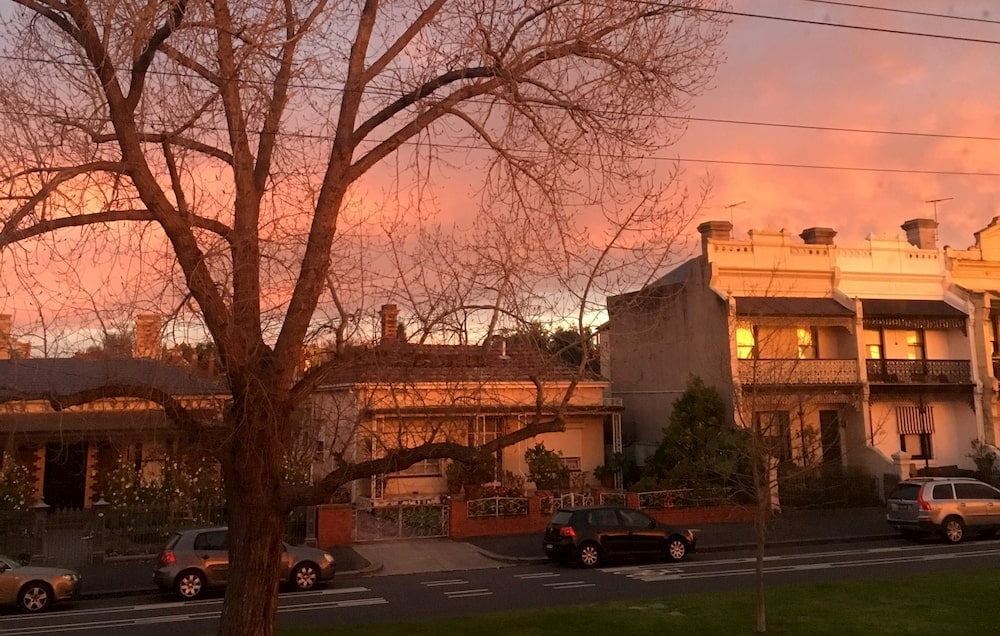With the national capital set to open the border to Victorians in two weeks, ACT Policing will have fewer at-home COVID-19 quarantine checks to perform.
On average, there were 850 check-ins per week over the past month, bringing the total number to more than 16,500 during the ACT COVID-19 response.
At the beginning of the year, I could never have predicted that in October I’d be getting regular phone calls from the police asking me to stay on the line while I walked to the front door, as evidence that I was at the address I’d promised I would be for quarantine.
I was one of many the police kept tabs on almost every day when I returned to Canberra in late October, and I felt well prepared for two weeks of isolation in my childhood bedroom, having just lived through months of strict lockdown in an apartment in the inner north of Melbourne – the two didn’t really feel much different.

On Saturday 14 March, my partner and I agonised about whether or not we should attend a concert we’d been looking forward to for months, and eventually decided not to go.
The Australian Government announced non-essential gatherings of more than 500 people would be suspended from Monday 16 March onward and Prime Minister Scott Morrison backflipped on his decision to attend the footy the day before.
Following COVID-19 public health advice, we pretty much stayed home for the rest of the year – save for laps around the park and grocery shopping.
No more jiu jitsu or hockey practice, no more spontaneous bowls of ramen in the city, no more live music, no more weekends away, no more long lunches with friends.
Our apartment became our shelter. We found other ways to connect, listened to music, watched all five seasons of The Wire, worked, studied and monitored the news obsessively.
And for a few weeks in June things improved and restrictions eased.
On the cusp of what would become the second wave, I drove home to Canberra to see my family.
Taking a break in the Gundagai McDonald’s carpark I sat dumbstruck, watching as Premier Daniel Andrews announced the North Melbourne public housing towers were locked down effective immediately.
For the rest of my visit, the situation in Melbourne deteriorated further and I appreciated the fresh air and freedom in Canberra so much more.
In late July, I drove back to Melbourne, where I’d been living for five years, expecting the lockdown announcement that followed a few days later.
And it was amazing how quickly we adapted to increasingly strict restrictions – a 5km border, an 8pm curfew, masks compulsory, one hour of exercise and one hour of grocery shopping by one person per household per day.
There were days when it felt like our lives had shrunk down to something small and directionless, the only momentum caused by fluctuating case numbers and deaths.
But I thought about the many privileges and small pleasures that fill my life – the ability to pay rent and stock the fridge full of food, the kettle, the oven, the stove, a stable internet connection that allowed me to keep studying online, leafy views out the window, woollen blankets, house plants, quiet nights in front of the heater, phone calls, old photos, running in the parkland, sleeping in and watching the fog burn off-mid morning.
What will I take with me from this experience? And what will I leave behind?
Two weeks of quarantine gave me time and space to process the year that was and get ready for a new chapter.



